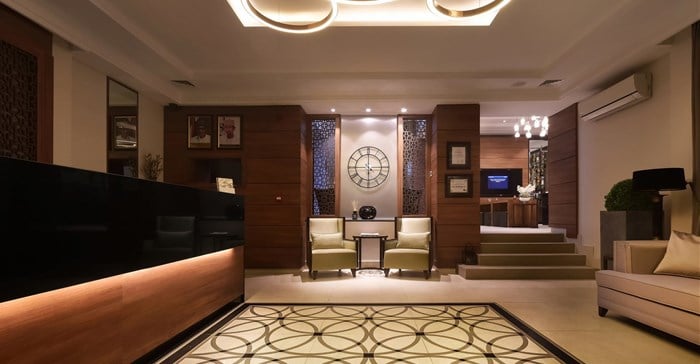






But the most important element is the sense of arrival, says Grant Gillis of Delta Design Studio. “This gives the guest his or her most important first experience and ultimately sets the tone of the entire stay.”
As a result, the design team pays particular attention to the reception areas of the hotels in which they work. “The average reception desk is actually a negative encounter where guests either need to check in by filling out forms, check out and pay, or where they lodge a complaint. It’s not a place they ‘desire’ to be.”
However, it hasn’t been a one-style-fits-all approach when it comes to the interior design of the BonHotels in which Delta Design has been involved. Spread as they are across Africa, the hotels are located in different cultural and ethnic areas and can further be divided into those catering primarily for leisure guests or those looking largely after business travellers.
Length of possible stay is also a determining factor, says Gillis: “You don’t design a business hotel look and feel and position it in Plettenberg Bay. A holiday resort requires extra amenities such as larger cupboards, or public areas that can accommodate kids.”
Alternatively, from one African country to another, the design team must take cultural identities into account, explains Gillis: “Muslim men, for instance, need adequate ‘dress length’ cupboards for the tunics they wear. Different hotels must be designed for the distinctive markets they service.”
And, in turn, architectural design must be specific to the environment, stresses Gillis. “I firmly believe, in contrast to many architects, that function over form will win every time. That’s the real winning recipe for interior design.”